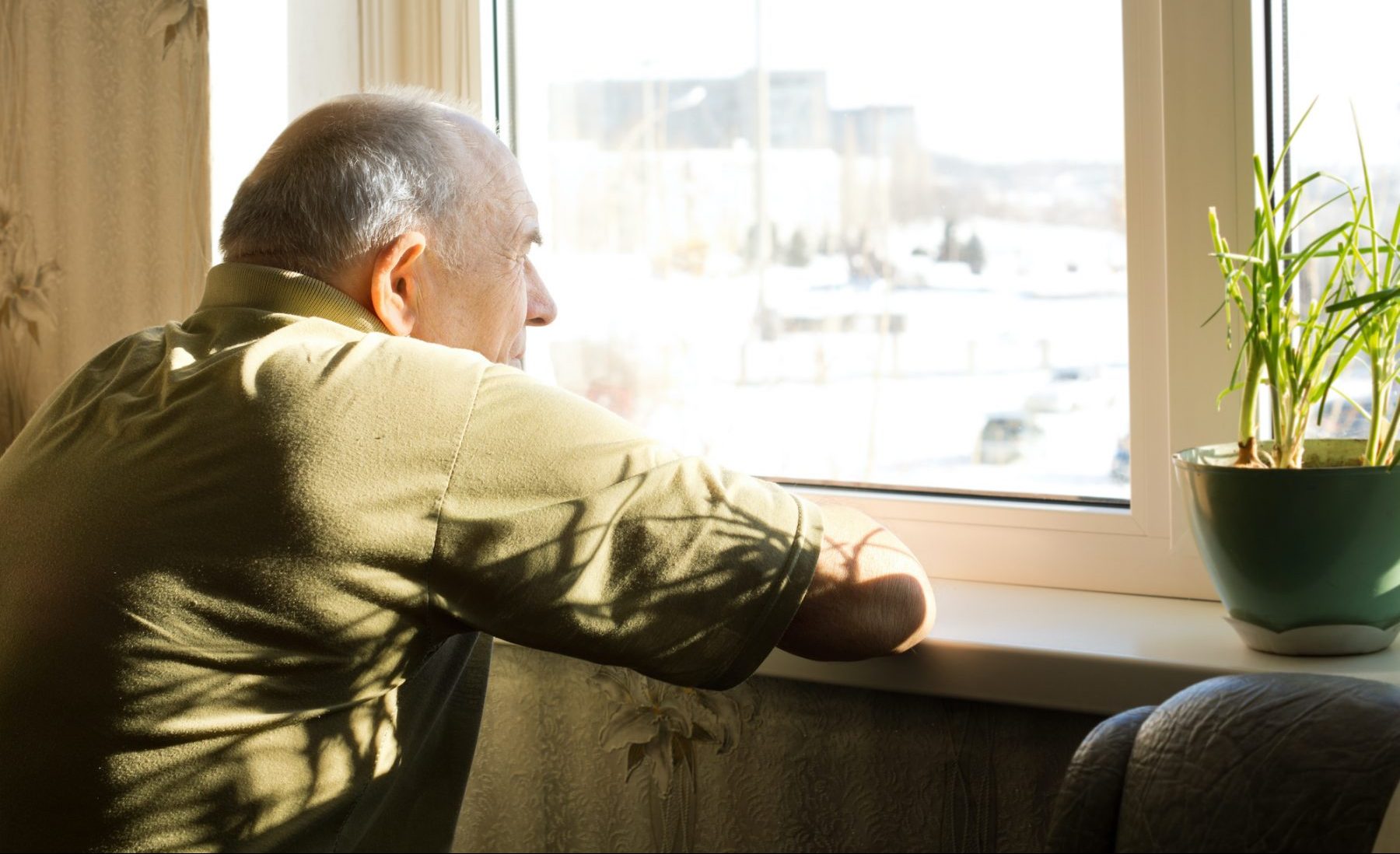This article was originally published in McKnight’s Long-Term Care News.
According to researcher Julianne Holt-Lunstad of Brigham Young University, loneliness has a greater impact on health than smoking 15 cigarettes daily, or obesity, which is associated with 300,000 to 600,000 deaths a year in the United States alone.
In England, the “loneliness epidemic” has reached such proportions that they’ve appointed a Minister for Loneliness to address the problem.
This idea led me to consider the benefits of designating such a position in long-term care. Yes, we have recreation departments that encourage resident socialization, but a Minister for Loneliness could do so much more. The Minister also could target staff loneliness and the isolation of those in the community.
Minimizing staff loneliness has the potential to reduce turnover, alleviate staff stress and improve the culture of the organization. Seeking to decrease the isolation of those in the neighborhood would enhance the reputation of the facility as a community player and create a way for locals to connect with the home before they need it, so that it becomes a natural choice for later care.
Below are some ideas of ways in which the Minister for Loneliness could affect change (but there doesn’t need to be a formal role to try these suggestions).
For residents and their families, the minister could:
- Establish a communal table for residents interested in engaging with peers for a particular meal.
- Ensure that residents who needed hearing aids and other assistive devices had fully functioning equipment available.
- Train staff to facilitate like-minded friendships between residents, seating them together at meals and during activities.
- Encourage interactions through informal activities such as board games, crocheting and other pursuits that residents can pick up on their own without assistance from recreation staff.
- Assist residents in establishing and maintaining social media accounts such as Facebook so that they can easily communicate with friends and neighbors.
- Locate estranged relatives and facilitate contact.
- Arrange for transportation for residents to visit friends and family, and vice versa.
- Develop a welcoming committee of experienced residents to offer support to new admissions.
- Train family members to become part of a peer support team for other families.
- Reach out to other relatives, friends and neighbors to encourage support of the family member most involved with resident care.
- Run an educational support group for family members to help them cope with the illness and placement of a loved one.
To contend with staff isolation, the minister could:
- Add to onboarding efforts by training peer mentors to support new staff members become part of the nursing home community.
- Plan staff engagement activities such as team building events or regular off-campus activities like a bowling night or restaurant meet-up.
- Increase staff awareness of employee assistance program services and local community resources that address concerns that might interfere with satisfying interpersonal relationships.
- Establish a communal table in the staff dining room, perhaps with fresh flowers and a smartphone-free designation.
To reduce loneliness in the community, the minister might:
- Hold educational and social activities open to locals such as diabetes support or a musical event for elders.
- Create or bolster a community volunteer program to help residents with a variety of activities, from minor tasks such as sewing on buttons to computer assistance.
- Establish a pen pal program between current and future residents.
Given the increased awareness of the impact of isolation and depression on health and healing, it makes sense for healthcare facilities such as nursing homes to expand efforts to address the problem. Doing so will not only aid the residents, but can also improve staff retention, family satisfaction and community referrals.




